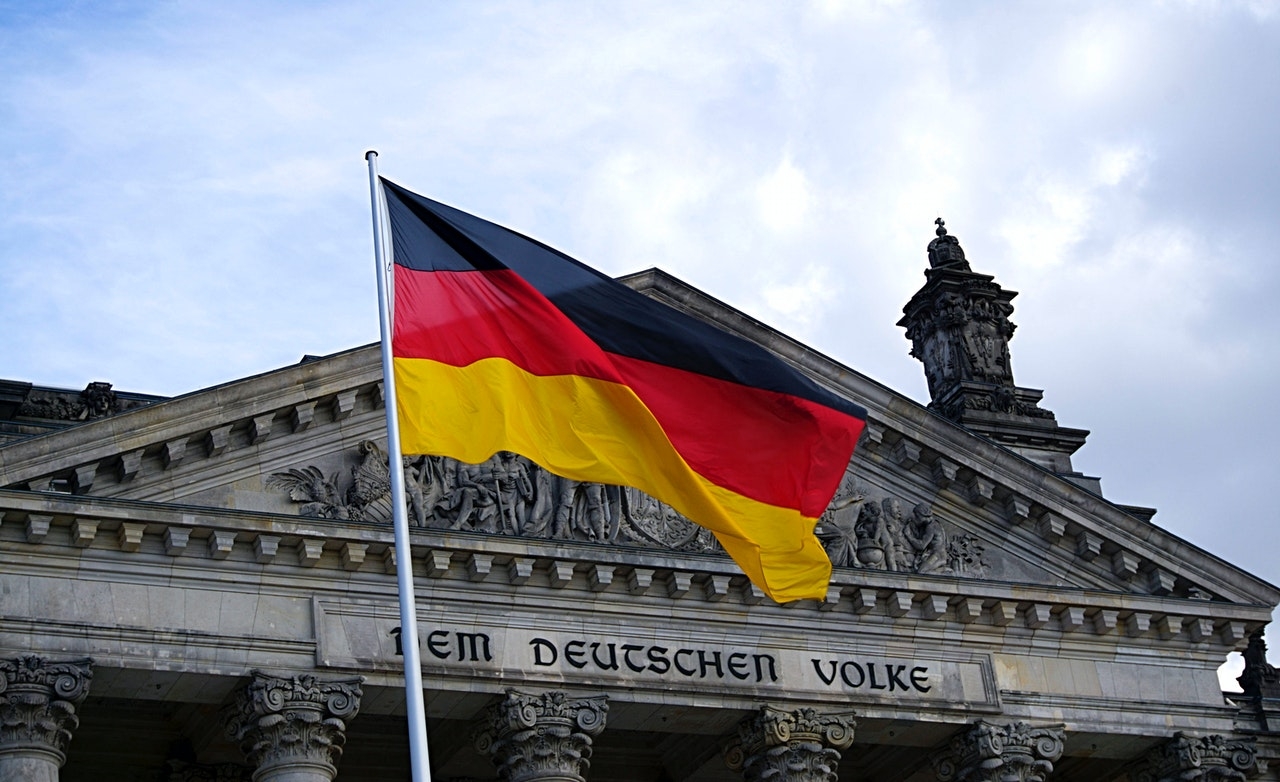None of the three top candidates even approach her popularity.
On Nov. 22, it will be exactly 15 years since German politician Angela Merkel assumed the position of Chancellor, having since had shaped the bulk of this century’s German politics. With the next German federal election barely a year away, expected to be held between August and October 2021, her Christian-Democratic Party (CDU) is having a difficult time finding a successor worthy to fill her admittedly large shoes.
The CDU will hold its electoral congress on Dec. 4, and whoever the party’s new leader will be, that person will almost automatically become the joint Chancellor candidate of the CDU and their Bavarian sister party, the Christian-Social Union (CSU).
With the most recent poll by Germany’s INSA putting the CDU/CSU alliance at 35 percent, distantly followed by the Greens with 19 percent, barring a major political upheaval, that candidate is almost assured win the race for Chancellor.
However, subsequently forming a viable government, as recent example indicates, could be an entirely different matter.

